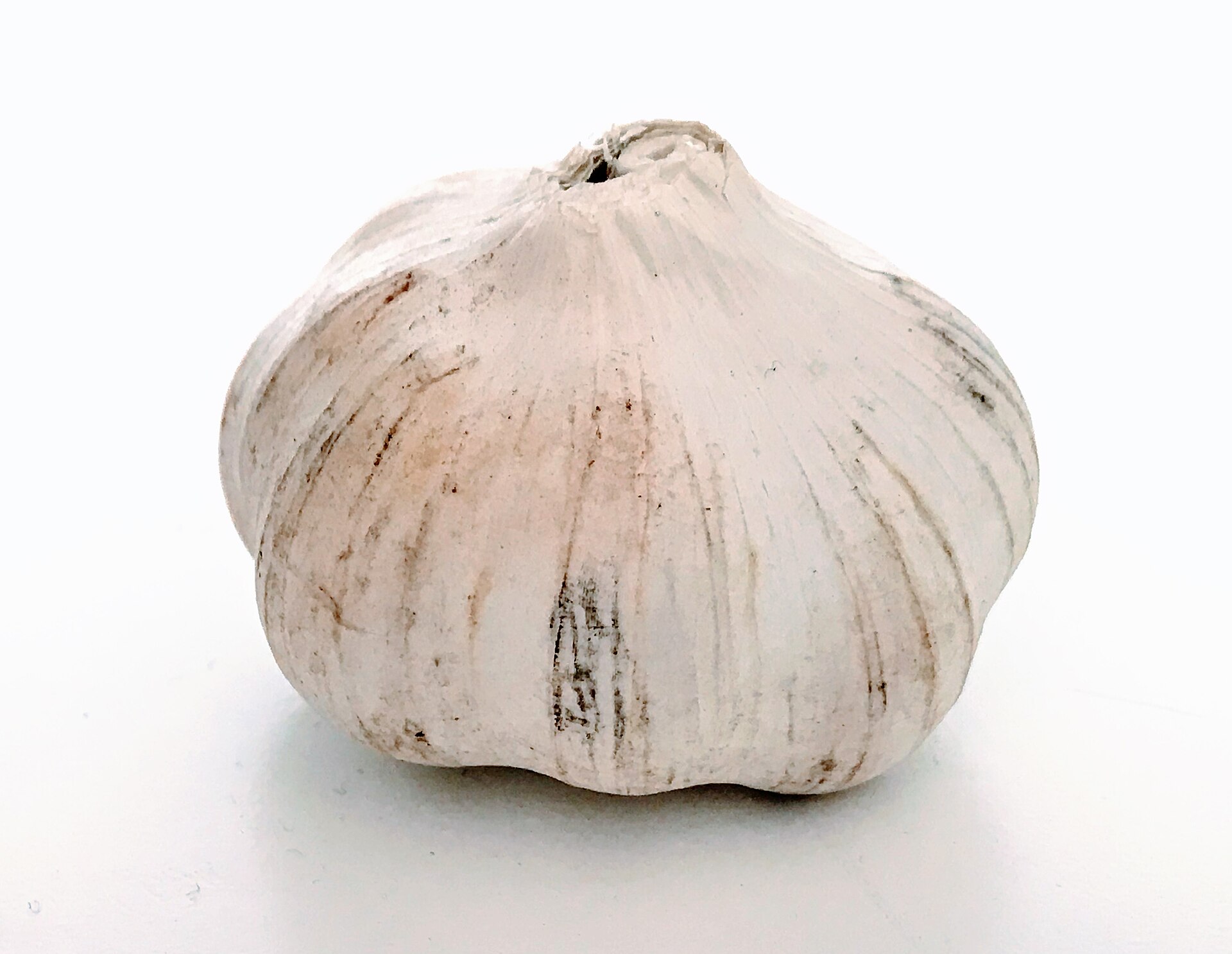What are the health benefits of garlic?
Here are some of the key health benefits associated with consuming garlic:
- Antimicrobial and Antiviral Properties: Garlic contains sulfur compounds like allicin that have been shown to have antimicrobial, antiviral, and antifungal effects, which can help fight infections.
- Improved Cardiovascular Health: Garlic may help lower blood pressure, improve cholesterol levels, and reduce the risk of atherosclerosis and heart disease.
- Anti-Inflammatory Effects: The sulfur compounds in garlic have potent anti-inflammatory properties that can help reduce inflammation in the body.
- Enhanced Immune Function: Garlic may help stimulate the activity of white blood cells and increase the production of antibodies, boosting immune defenses.
- May Help Manage Diabetes: Some research indicates that garlic supplementation can help improve blood sugar control and insulin sensitivity, helping you manage diabetes.
- Potential Cancer-Preventive Effects: Compounds in garlic have demonstrated anti-cancer properties in various studies, suggesting it may help prevent certain types of cancer, such as stomach cancer, liver cancer, prostate cancer and colorectal cancer.
- Support for Gut Health: Garlic contains prebiotic fiber that can nourish the beneficial bacteria in the gut, promoting overall digestive and immune health.
The potential benefits of garlic are often tied to the bioactive compounds released when it is crushed, chopped, or cooked. Consuming garlic regularly as part of a healthy diet may provide a range of health advantages.
What are the health risks of garlic?
Garlic is generally considered safe for most people when consumed in moderate amounts as a food ingredient. However, there are some potential health risks associated with garlic, especially when consumed in large quantities or in concentrated forms (such as supplements). These risks include:
- Gastrointestinal Issues: Garlic can cause digestive issues in some people, especially when consumed in large amounts. Common side effects may include heartburn, gas, bloating, and upset stomach.
- Allergic Reactions: Some individuals may be allergic to garlic. Allergic reactions can range from mild skin irritation to more severe symptoms, such as swelling of the face, tongue, or throat, difficulty breathing, and anaphylaxis (a severe allergic reaction that requires immediate medical attention).
- Blood Thinning: Garlic has natural blood-thinning properties, which can be beneficial for cardiovascular health but can also increase the risk of bleeding, especially in individuals taking blood-thinning medications (anticoagulants) or those with bleeding disorders. It’s important to consult with a healthcare provider before using garlic supplements if you are taking blood-thinning medications.
- Interaction with Medications: Garlic supplements may interact with certain medications, including blood-thinning medications, medications for high blood pressure, and medications metabolized by the liver. If you are taking any medications, especially those mentioned above, consult with your healthcare provider before using garlic supplements.
- Skin Irritation: Applying garlic directly to the skin can cause irritation, redness, and blistering in some individuals, especially those with sensitive skin. It’s important to dilute garlic before applying it to the skin or use garlic preparations specifically formulated for topical use.
- Bad Breath and Body Odor: Garlic contains sulfur compounds that can cause bad breath and body odor, especially when consumed in large amounts. This effect is temporary and can be reduced by chewing parsley or mint leaves, using mouthwash, or practicing good oral hygiene.
- Pregnancy and Breastfeeding: While garlic is generally considered safe for most pregnant and breastfeeding women when consumed in moderate amounts as a food ingredient, there is limited research on the safety of garlic supplements during pregnancy and breastfeeding. It’s advisable to consult with a healthcare provider before using garlic supplements if you are pregnant or breastfeeding.
It’s important to use garlic in moderation as part of a balanced diet and consult with a healthcare provider before using garlic supplements, especially if you have any underlying health conditions or are taking medications.




